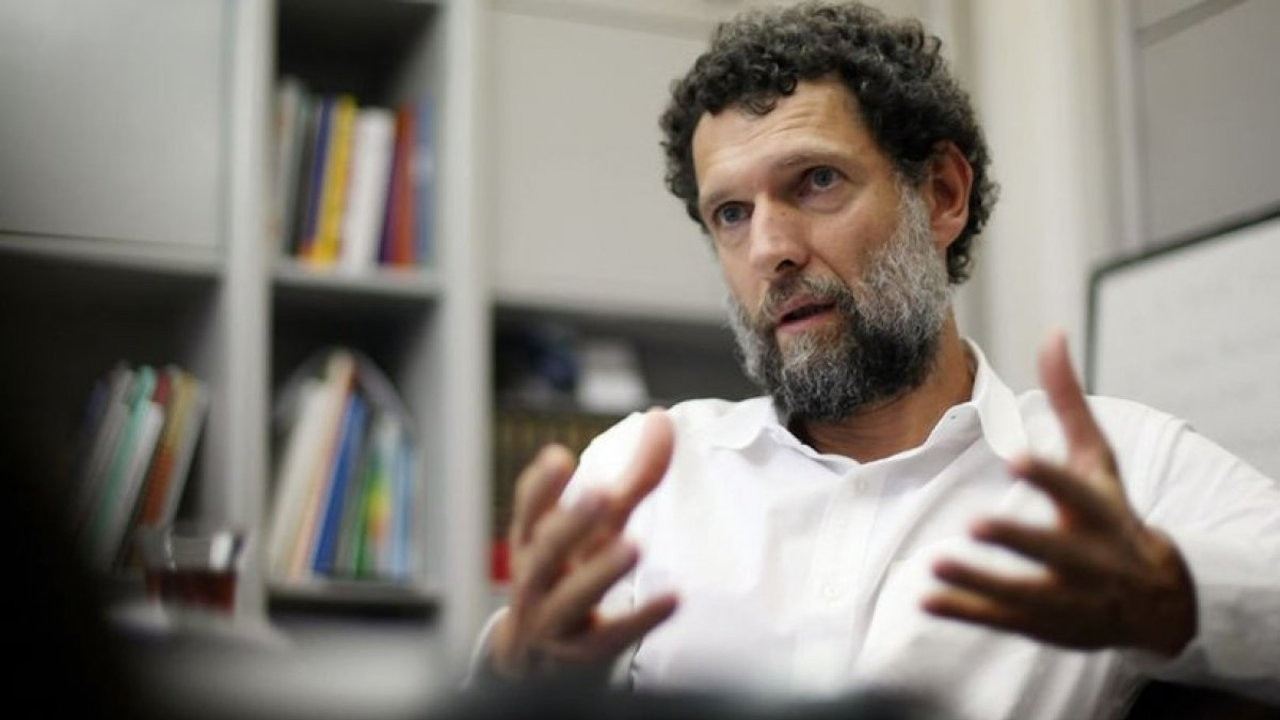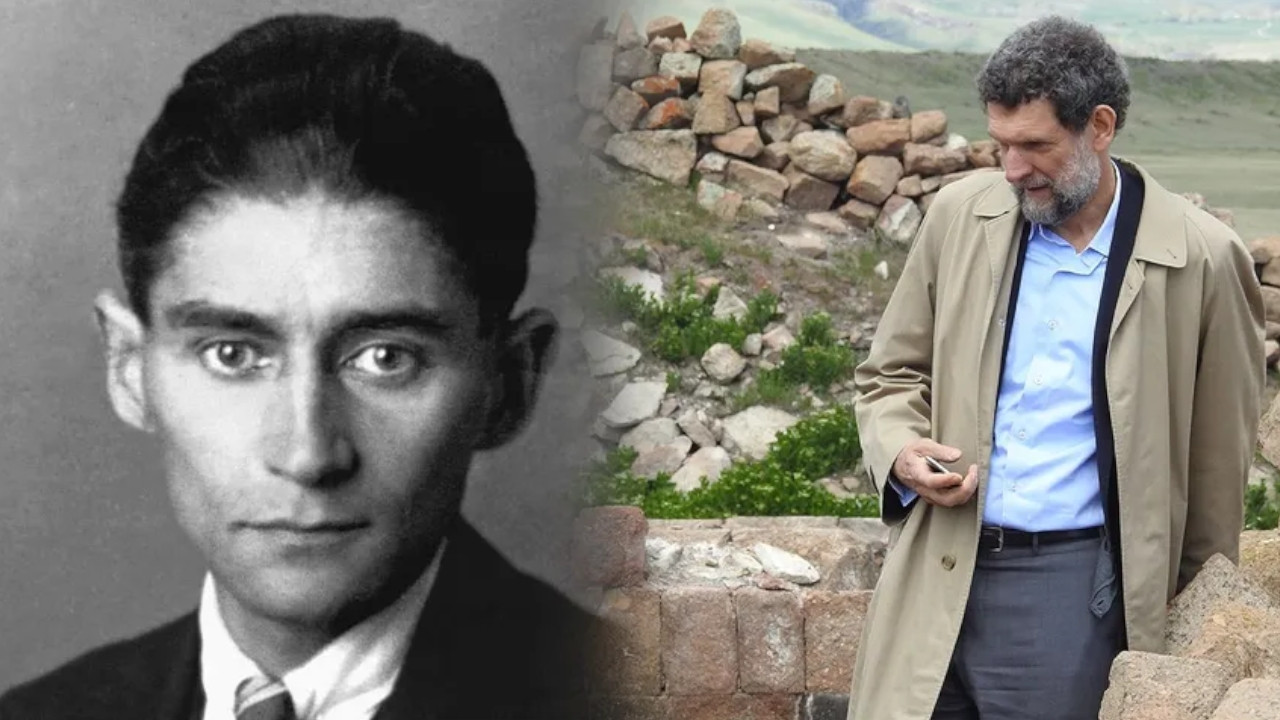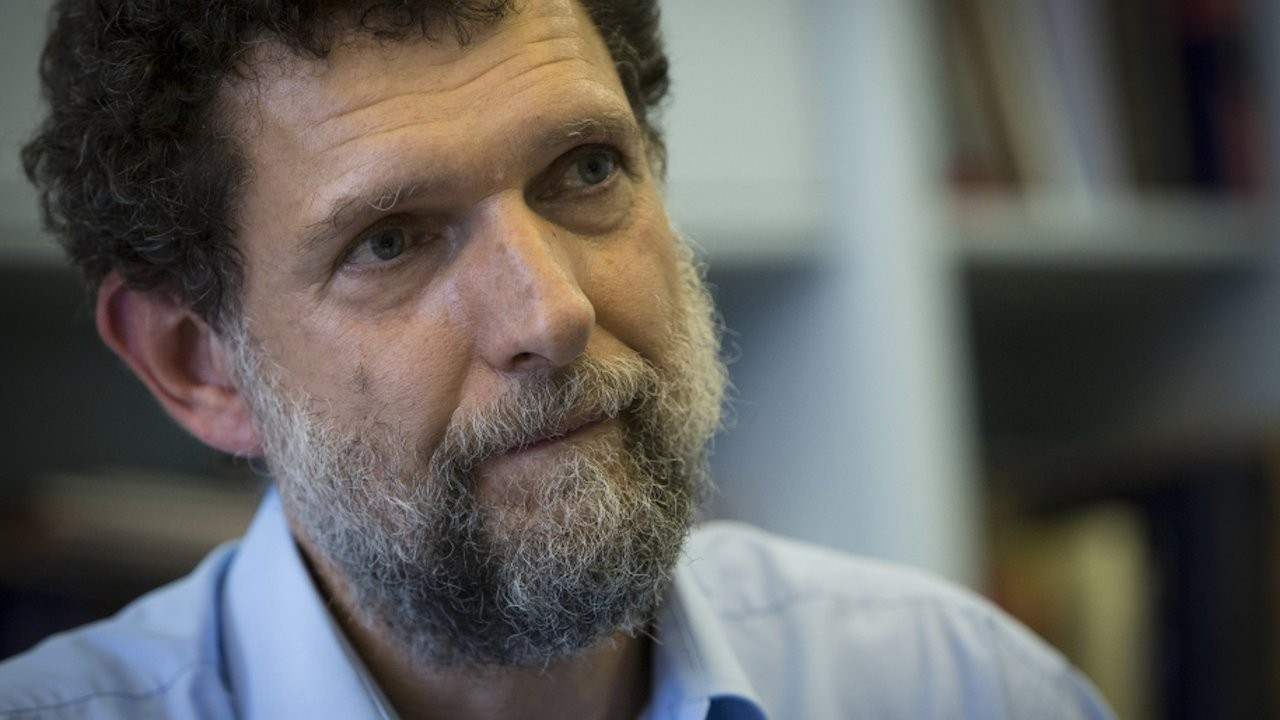Turkish court keeps Osman Kavala in jail, chief judge submits dissenting opinion
The Istanbul 30th Heavy Penal Court on May 21 began the retrial of renowned activist Osman Kavala and 15 others over the Gezi Park protests. The court ruled to keep Kavala behind bars by a majority of votes, with the chief judge dissenting the decision. In his defense statement, Kavala said that charges against him resemble the legal basis utilized in Nazi Germany.
Duvar English
An Istanbul court on May 21 ruled to keep renowned human rights activist Osman Kavala behind bars by a majority of votes as the chief judge submitted a dissenting opinion.
The next hearing into the case will be held on Aug. 6.
The Istanbul 30th Heavy Penal Court on May 21 began the retrial of Kavala and 15 others over their role in nationwide protests in 2013.
Kavala and eight others accused of organizing the 2013 Gezi Park protests were acquitted of all charges in February 2020 but an appeals court overturned that ruling in January.
Kavala, who has been kept in jail for three-and-a-half years, is also facing espionage charges in connection with the 2016 failed coup attempt. Those charges were combined with the Gezi case in February.
Espionage charges resemble legal basis utilized in Nazi Germany: Kavala
Kavala addressed the judges via the judiciary video-conferencing system SEGBİS saying that the definition of espionage presented in the indictment “resembles the concept of 'Landesverrat' (treason against the country) which was also utilized for charges of espionage in Germany during the Nazi period.”
“During that period, the duty of the judge was to sentence the person, whose action was regarded incompatible with the 'public conscience', by picking the law most convenient to enable the sentencing even if the act of the accused person did not fit the description of the crime in the law,” he said.
Kavala also said that the judicial process against him has entered "a new stage" with the merging of the Gezi and coup-related cases.
"Given that the fiction of Gezi events being a conspiracy has been adopted and politically utilized by the government, I was not surprised that the acquittal decisions that belie this narrative were overturned," he told the judges.
The European Court of Human Rights (ECHR) called in December 2019 for his release on grounds the detention aimed to silence him. But Turkey has not abided the ruling despite repeated calls by the Committee of Ministers of the Council of Europe.
"Each phase of this case is riddled with injustices, inconsistencies and illogical and unlawful procedures," said a campaign group called Free Osman Kavala.
Re-opening the Gezi case has become "a source of embarrassment not only for the government and the judiciary but also for the country as a whole," it said.
The case of seven others who were abroad during the initial trial was joined again this month for the re-trial.
Some of the defendants had also been acquitted in 2015 of charges related to the Gezi protests, meaning they are being tried over the same events for a third time.

 Germany, France call for Osman Kavala's release ahead of Gezi retrialHuman Rights
Germany, France call for Osman Kavala's release ahead of Gezi retrialHuman Rights Top Turkish court member refers to Osman Kavala's case as 'Kafkaesque legal spiral'Human Rights
Top Turkish court member refers to Osman Kavala's case as 'Kafkaesque legal spiral'Human Rights Three years in jail, Osman Kavala gloomy over Erdoğan's reformsHuman Rights
Three years in jail, Osman Kavala gloomy over Erdoğan's reformsHuman Rights